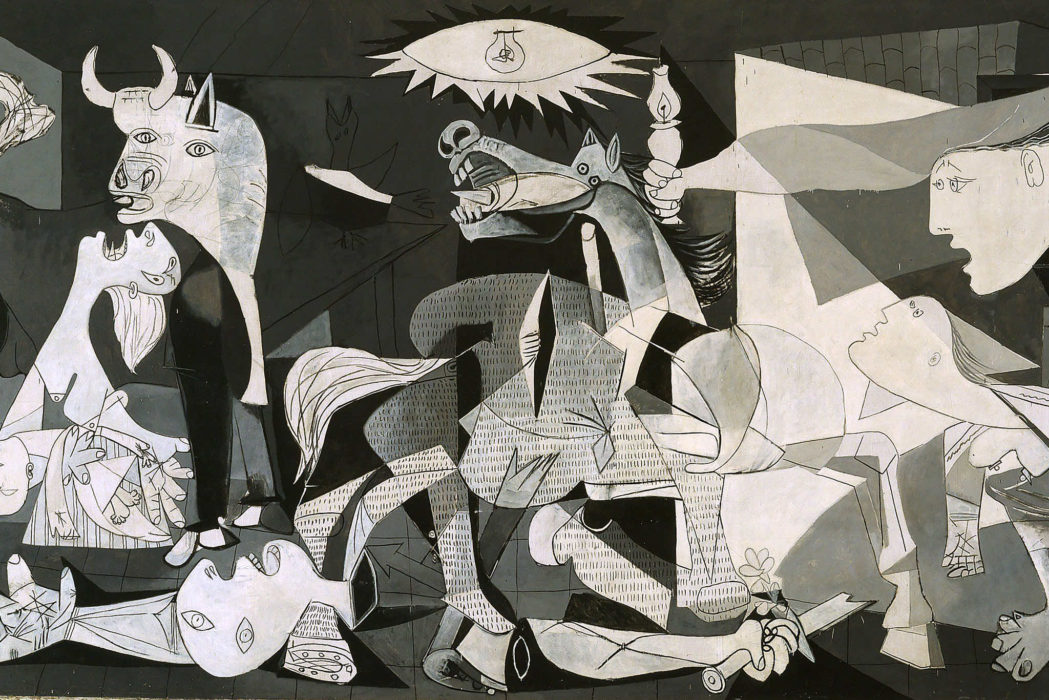NOW THAT ‘ABDU’L-BAHÁ’S final few weeks in America are upon us, we might reflect on how frequently he challenged what we today refer to as “Darwinism.” In 2012, our public conversation continues to invoke Darwin’s name as shorthand for a fully naturalistic explanation of human existence, where everything in life is interpreted as the result of the mechanistic workings of evolution, where a Creator has no reason to exist. Over the past decade, a number of evolutionary thinkers, such as Richard Dawkins, seem to have set Darwin up as the prophet-figure in a brand of atheism born of a conviction that science has driven the final nail into religion’s coffin.
“Darwinism” is often used with an adjective in front of it — social Darwinism; economic Darwinism — with the notion of “survival of the fittest” brought to the fore. This phrase, first coined by Herbert Spencer after reading Darwin’s On the Origin of Species, quickly spilled over into social and economic thought. It defines human nature as rooted in self-interest, competition, and conflict, and has subsequently been used to justify everything from colonialism to eugenics, unrestrained laissez-faire capitalism, the abandonment of the poor, and ultimately, war.
When you read ‘Abdu’l-Bahá’s talks in America, you realize that he rarely engaged with the biological science of evolution, many aspects of which he agreed with. But he was intensely concerned with its wider implications — how the perception that human beings are nothing more than evolved animals generates an ultimately disastrous notion of human nature. Instead of highlighting the aspects of human life that we share with animals, he articulated a distinct conception of human nature rooted in the factors that make us different: consciousness, abstract thought, scientific advancement, moral reasoning, and qualities such as love, compassion, and justice.
‘Abdu’l-Bahá refused to glorify war in an age when humankind stood on the brink of its first global conflict. “It is neither seemly nor befitting,” he said to an audience at Stanford University, “that such a noble creature, endowed with intellect and lofty thoughts, capable of wonderful achievements and discoveries in sciences and arts, with potential for ever higher perceptions and the accomplishment of divine purposes in life, should seek the blood of his fellowmen upon the field of battle.”
‘Abdu’l-Bahá looked out upon the audience of 2000 people, filling the aisles and overflowing the balcony in the Stanford Assembly Hall, and asked them: “Shall we now destroy this great edifice and its very foundation, overthrow this temple of God, the body social or politic? When we are not captives of nature, when we possess the power to control ourselves, shall we become captives of nature and act according to its exigencies?”
Looking back on ‘Abdu’l-Bahá’s discourse in 1912, you can see him engaged in a constant rhetorical battle against the destructive ideologies he found flourishing in America. He took on Social Darwinism, and the idea of the survival of the fittest, over and over again. ‘Abdu’l-Bahá’s address at Stanford stood at the climax. “There is no lower degree nor greater debasement for man,” he said, “than this natural condition of animalism.”






